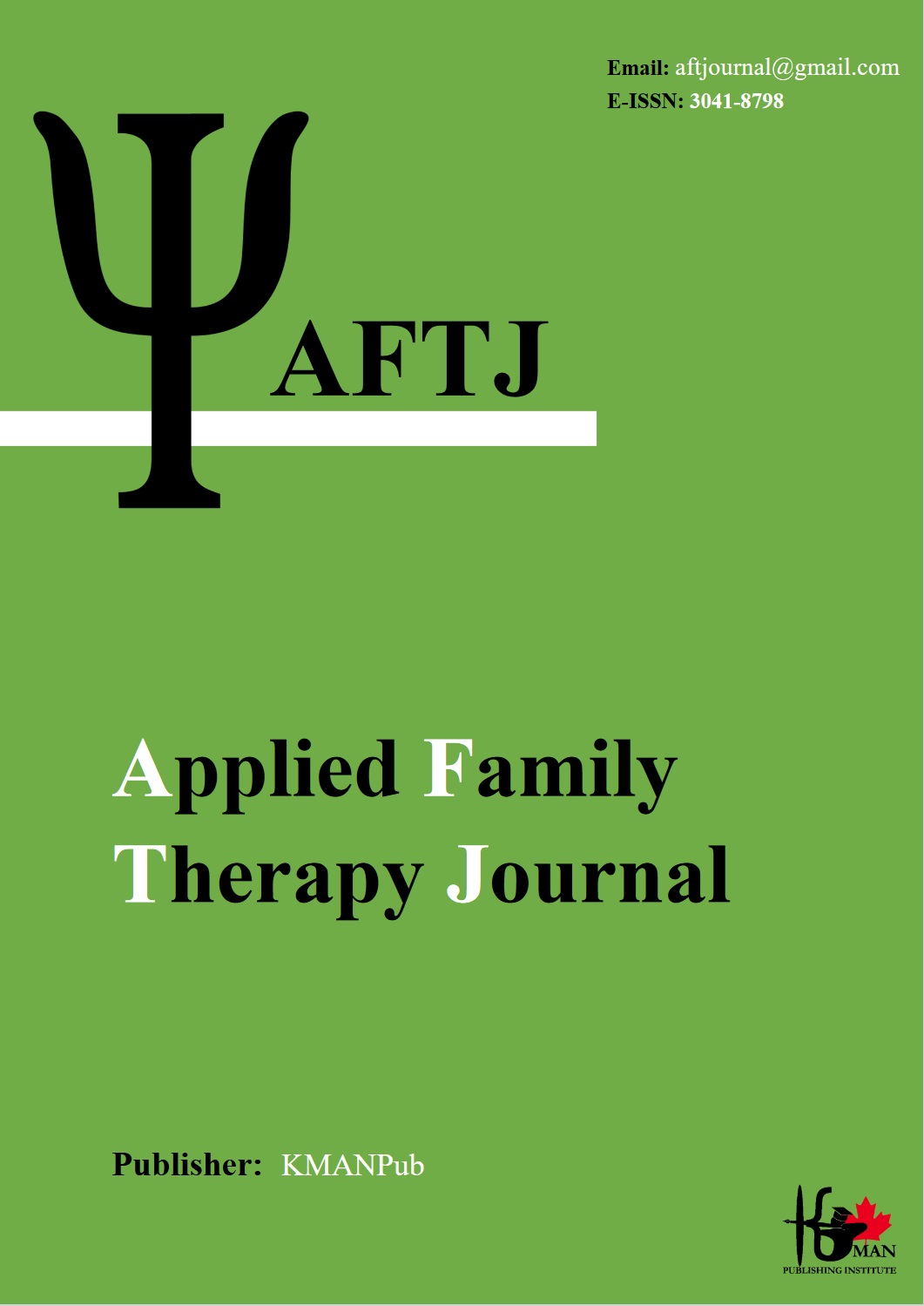Young Positive Schema Questionnaire (YPSQ): Psychometric properties and factor structure of Persian version in female students
Keywords:
schema, early maladaptive schema, validity, reliability.Abstract
Aim: Due to the lack of a Persian version of the present instrument, the present study examined the psychometric properties and functional structure of the Young Positive Schema Questionnaire in female students of the Islamic Azad University of Varamin. Methods: The present study was descriptive-applied research with field method. Data collection tools included Young Lewis et al. (2018) positive schema questionnaire, the short form of Young Wilburne et al. (2002) schema questionnaire, Loveband Depression and Anxiety and Stress Scale (1995) and Young and Parenting Questionnaire. Et al. (2003). To evaluate the face and content validity of the opinion of 11 experts in the field of psychology and to evaluate the construct validity and internal reliability of 468 samples, for divergent validity of 135 samples and to evaluate the retest reliability of the data of 100 samples were analyzed. In this study, content validity method (CVR) and content validity index (CVI) were used to calculate content validity. In order to evaluate the internal reliability of the questionnaire, Cronbach's alpha method was used and in order to evaluate the time reliability of the retest method, divergent validity of Pearson correlation with SPSS software was used. Confirmatory factor analysis with LISREL software was used to evaluate the construct validity. Results: The results showed that the 76-item model with 17 factors was approved. Pearson correlation coefficient between the scores obtained from the two performances ranged from 0.68 to 0.87 and all were significant (P<0.001) which indicates a high correlation between the two tests and as a result the reliability of the appropriate retest of all subscales of the Young positive schema questionnaire. Conclusion: Therefore, it can be concluded that the 76-item model with 17 factors of Young Positive Schema Questionnaire is a desirable tool for identifying and evaluating positive schemas. It is desirable that future research examine the validity and reliability of the questionnaire in other subcultures and different age and occupational spectrums.
Downloads
Downloads
Published
Issue
Section
License

This work is licensed under a Creative Commons Attribution-NonCommercial 4.0 International License.



























